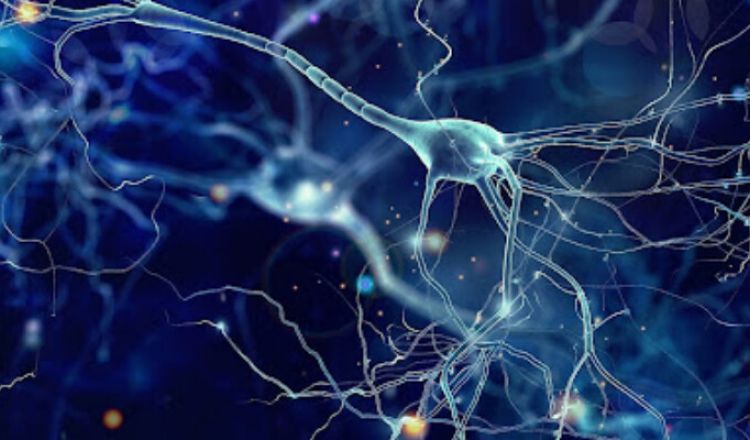Half of the TikTok Videos About ADHD Are Misleading, a Study Reveals
2022-04-19 12:36

(52% of the 100 analyzed TikTok videos were classified as misleading (Getty)
A new study in The Canadian Journal of Psychiatry has shown that half of the most popular TikTok videos about Attention Deficit Hyperactivity Disorder (ADHD) are misleading. The study, aiming to investigate the quality of TikTok videos about ADHD, confirmed that the User-Generated Content (UGC) about ADHD is among the most popular health topics on TikTok.
Half of the Analyzed TikTok Videos Are Classified Misleading
The team behind the study has evaluated the 100 most popular TikTok videos related to ADHD. The videos had more than 2.8 million total views and an average of 31,000 shares each. The researchers noticed that credentialed healthcare providers created only 11 of these top ADHD videos.
The study has classified the top 100 most popular videos about ADHD uploaded by TikTok video creators as misleading, useful, or personal experiences. According to the report, 52% of the 100 TikTok videos were classified as misleading, 27% as personal experience or anecdotal experience of ADHD symptoms or treatment, and 21% as useful containing scientifically accurate information about ADHD. Researchers have also noted that most of the videos were highly understandable by viewers, but had low actionability and mentioned that non-healthcare providers uploaded most of the misleading videos.
Personal Experience Videos Receive the Highest Engagement
The study also showed that non-healthcare channels uploaded most of the misleading videos and did not recommend the audience seek out a medical or psychological assessment before attributing the symptoms to ADHD. The researchers also discovered that personal experience videos received the highest engagement and interaction while misleading videos were the most common, which means that “viewers are most drawn to videos made by individuals with lived experience, and less so towards institutional or HCP-created videos.”
TikTok Misinformation Can Contribute to Anxiety
The report has pointed at the social media influencers and independent video creators, as they have an outsized influence on health information dissemination online. As half of the analyzed videos were misleading, the study warned that the misinformation they contain has “the potential to contribute to anxiety or lead to increased healthcare utilization.”
Another similar study of YouTube videos about ADHD found that 38% of the analyzed content is misleading, and only 5% of the videos were useful. Many other studies have shown that TikTok videos contain high rates of misinformation about medical conditions, including acne and diabetes, the report mentioned.
Scientists have found that the TikTok algorithm directs users to misinformation, which can worsen the fake news spread and make it even harder for fact-checkers to debunk floods of misleading content.
Misbar’s Sources:
The Canadian Journal of Psychiatry
by Khadija Boufous-misbar









